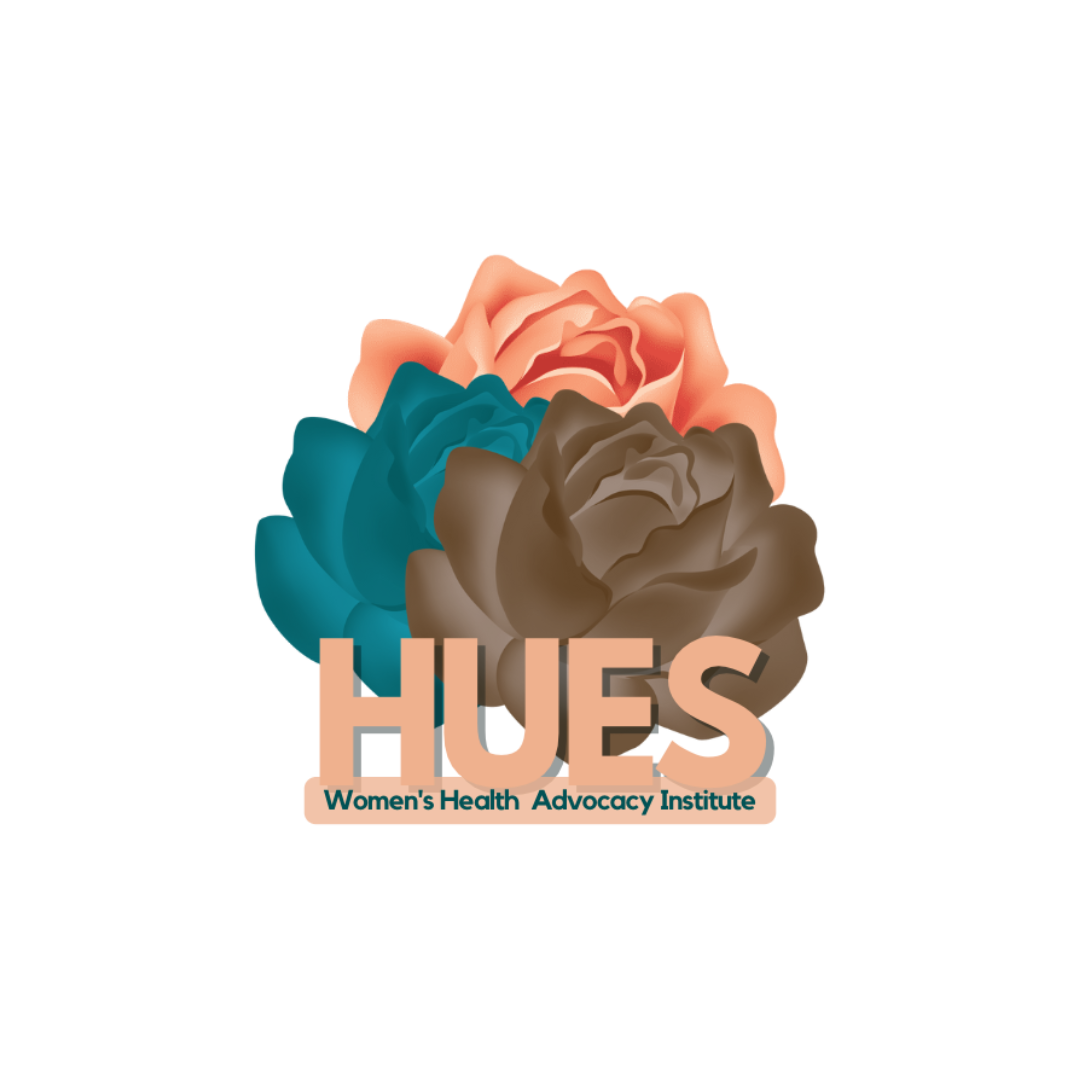In This Chapter
In Chapter 1, "My Neck, My Back," Tamela Gordon discusses self-acceptance, body image, and healing from past traumas. She reflects on using her body to gain approval and escape pain, particularly in her relationship with an older man, Scott, where her needs were often ignored. Gordon shares how she harmed herself through substance abuse and risky choices.
After ending things with Scott, a conversation with a friend helped her stop using drugs and alcohol, leading to personal change and body transformation. She recognizes how her racial identity played a role in seeking acceptance and acknowledges the pressure on Black women to meet Eurocentric beauty standards, which affected her self-esteem. Ultimately, Gordon learns to value her body for its strength and the importance of self-love, regardless of societal norms.
Join the Conversation
For the Culture!
Check out references to music, images, and more from the text.
-
Misogynoir: The specific intersectional discrimination faced by Black women, encompassing both misogyny and anti-Black racism.
Unambiguous Black woman: A Black woman whose physical features clearly identify her as Black, without any ambiguity or proximity to other racial or ethnic groups.
Master narrative: The dominant cultural narrative that defines what is considered "normal" and acceptable, often excluding or marginalizing those who do not fit within its narrow framework.
Eurocentric beauty standards: Beauty standards that prioritize European features and aesthetics, often marginalizing or excluding those who do not conform to these standards.


